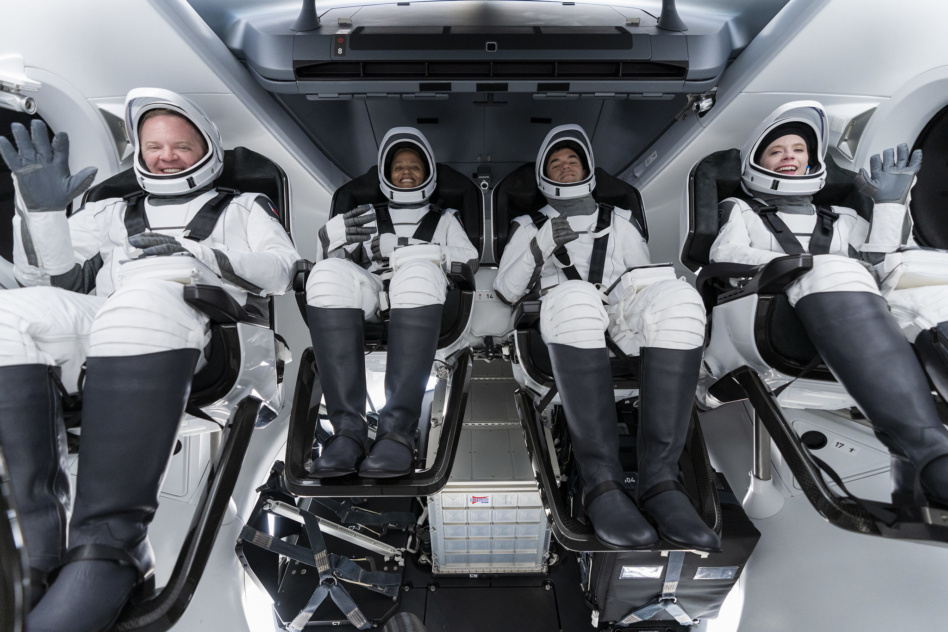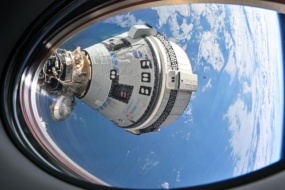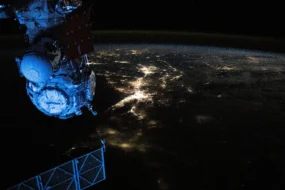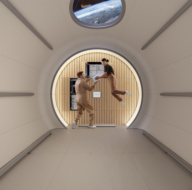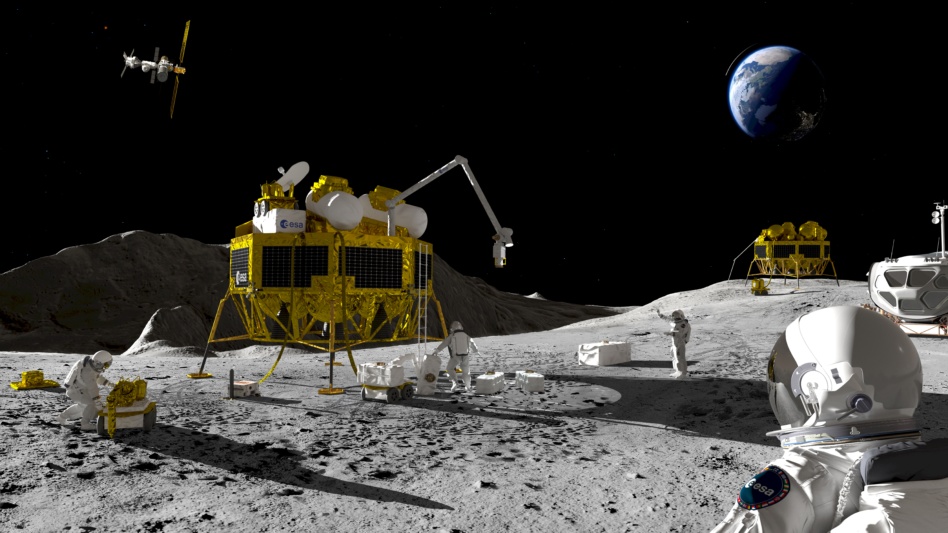President-elect Donald Trump has tapped commercial astronaut and billionaire Jared Isaacman as NASA administrator.
“With the support of President Trump, I can promise you this: We will never again lose our ability to journey to the stars and never settle for second place,” Isaacman wrote on X. “Americans will walk on the Moon and Mars and in doing so, we will make life better here on Earth.
Isaacman, the founder and CEO of payments processor Shift4, has bought a ticket to space twice with SpaceX: in 2021, as the commander of the first all-civilian mission, Inspiration4, and this year, on the Polaris Dawn flight, where he performed the first commercial spacewalk.
If Isaacman is confirmed, he’d be the fourth NASA administrator to have flown above the Karman line—and the first to do so as a commercial astronaut.
His ethos: Without a policy background, Isaacman’s specific space priorities are a bit of a question mark, though he will undoubtedly be a champion for the commercial space industry. Still, we can look at past comments he’s made for insight into how he might reshape efforts at the agency.
- Competition: Isaacman has been skeptical about why the government needs multiple platforms for the same job for competition and redundancy, especially NASA’s plan to procure two lunar landers. “People falsely assume it’s because I want SpaceX to win it all, but budgets are not unlimited & unfortunate casualties happen,” he wrote.
- SLS: The space community can seemingly count Isaacman among the critics of SLS. “Government should buy best 🚀 at best price from best company,” he wrote in 2022 on social media in response to a post from Sen. Bernie Sanders (I-VT) about bailing out space companies.
- Science: In both of the above posts, Isaacman slammed cuts made to space science missions, including the Chandra space telescope and the New Horizons mission to Pluto. “Spend billions on lunar lander redundancy that you don’t have with SLS at the expense of dozens of scientific programs. I don’t like it,” he posted on X in March.
High praise: Isaacman’s selection will need to be confirmed by the Senate, but the initial reaction to his selection has been positive. Lori Garver, a former NASA deputy administrator in the Obama administration, called Trump’s plans to nominate him “terrific news.” Dave Cavossa, president of the Commercial Space Federation, also said he was “over the Moon” to see the pick.
“At this critical time, as NASA and commercial space become inextricably linked toward the success of our nation’s space program and our continued global leadership in space, I cannot imagine a better candidate for this role,” Cavossa told Payload.
Politicking: While Isaacman has experience as an entrepreneur, pilot, and spacewalker, he lacks the DC political chops that were a hallmark of the two men who most-recently held the job. NASA Administrator Bill Nelson had a long career representing Florida on Capitol Hill before taking over at the agency, and Jim Bridenstine, Trump’s previous chief of the agency, served as a representative from Oklahoma.
That political experience was a hurdle to overcome in some cases ( as when Bridenstine’s conservative social views were sharply questioned during his confirmation hearing), but it also prepared them to effectively make the case for budgets and ambitious space missions to their former colleagues.
Even without this experience, Bridenstine told Payload Isaacman would be “an outstanding NASA administrator.”
Fast friends: Isaacman’s relationship with SpaceX will almost certainly be questioned during his confirmation process. The two-time commercial astronaut has likely paid SpaceX hundreds of millions of dollars for his flights, and is an unapologetic fan of the launch giant. He is also expected to fly on two future Polaris missions with SpaceX, including the first crewed Starship flight.
NASA already does a lot of business with SpaceX—from cargo and crew missions to the ISS to Starship’s integral role in Artemis—so the company would likely continue to win lucrative missions with or without an ally in the top job. But, it could still pose an optics problem and openNASA up to potential legal questions any time SpaceX won a contract.
There’s precedent for top agency officials recusing themselves from discussions when they included a previous employer. It’s unclear what would be required of Isaacman since SpaceX was never his employer—though his company, Shift4, has invested in SpaceX and partnered with the company on Starlink. And, if he did opt to recuse himself, the widespread presence of SpaceX in NASA missions would mean he’d be sitting out a lot of important conversations.
Though there’s unlikely to be any interaction between NASA and Shift4, the payment processing company founded by Isaacman, senior administration officials are generally required to divest any personal stake in private companies. Isaacman already sold aerospace and defense company Draken in 2019. In a letter to Shift4 employees, Isaacman said he would reduce his voting power, but keep “the majority of my equity interest…subject to ethics obligations.”
The Elon in the room: While there are many questions about Isaacman’s service at NASA if he’s confirmed, the pick leaves little doubt about SpaceX CEO Elon Musk’s ability to influence Trump. Musk has a formal role in the administration as a co-leader of the promised Department of Government Efficiency, but also an informal direct line to the president-elect—as evidenced by the two dining together for Thanksgiving.
“Jared’s passion for space, astronaut experience, and dedication to pushing the boundaries of exploration, unlocking the mysteries of the universe, and advancing the new space economy, making him ideally suited to lead NASA into a bold new era,” Trump wrote on Truth Social.
Correction: This story has been updated to reflect that Isaacman would be the fourth astronaut to serve as administrator, if confirmed.
